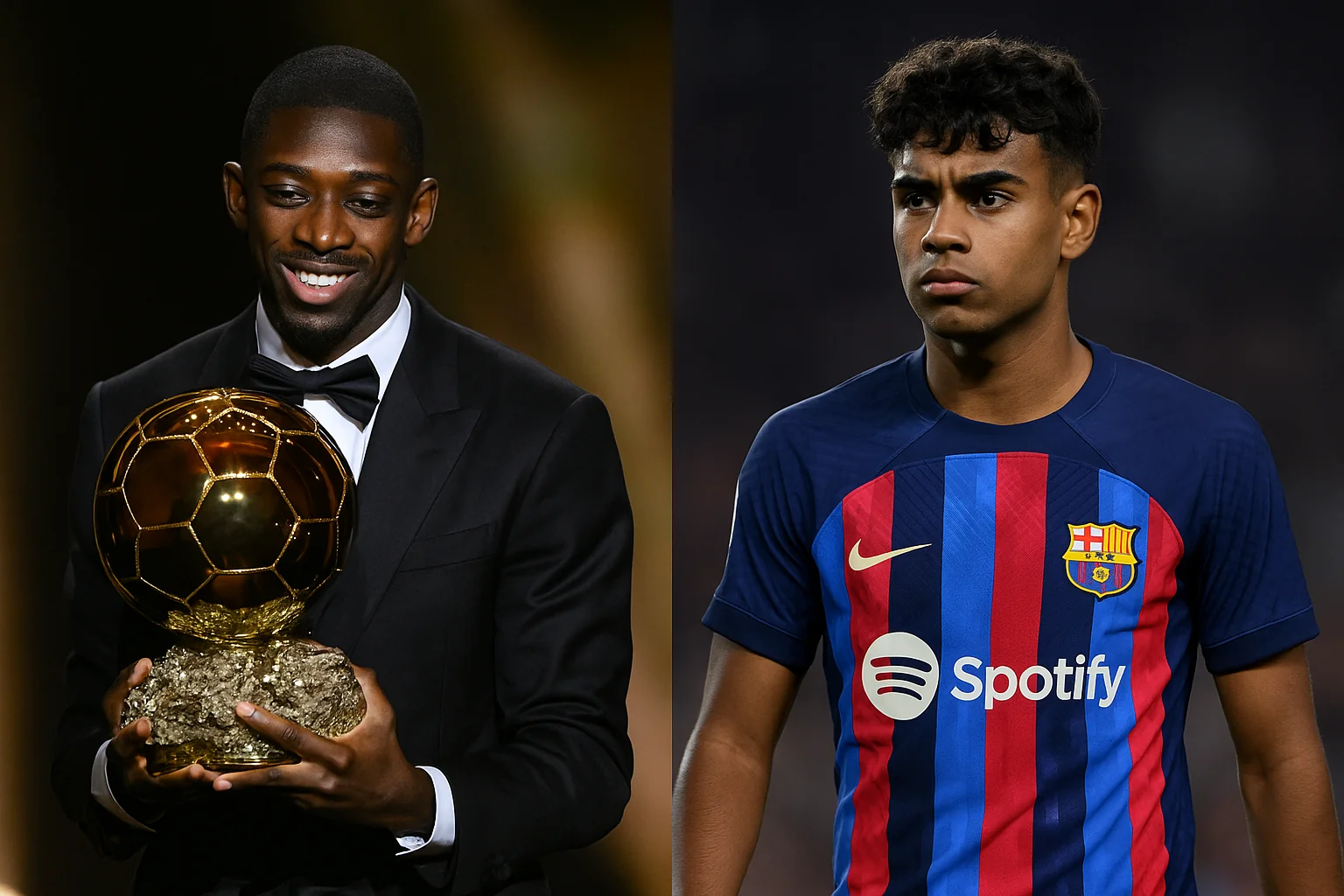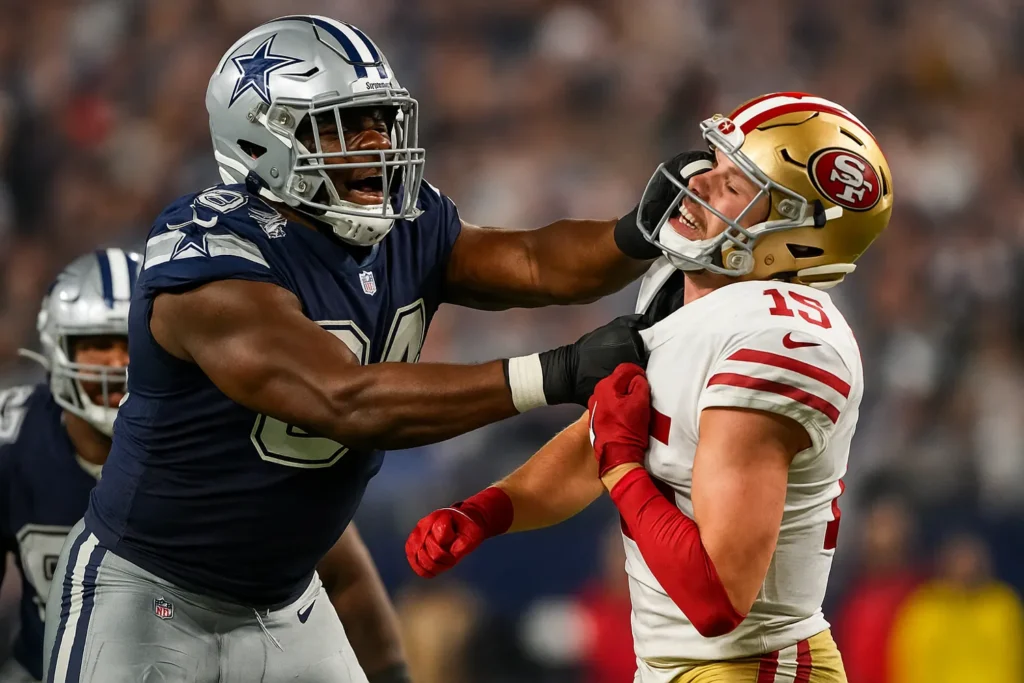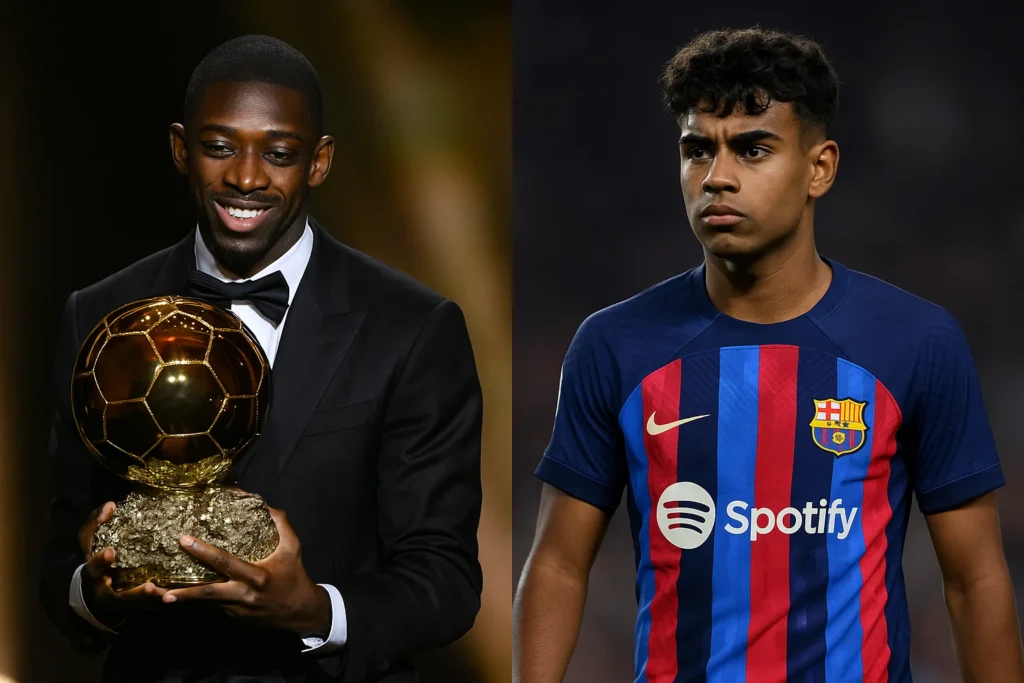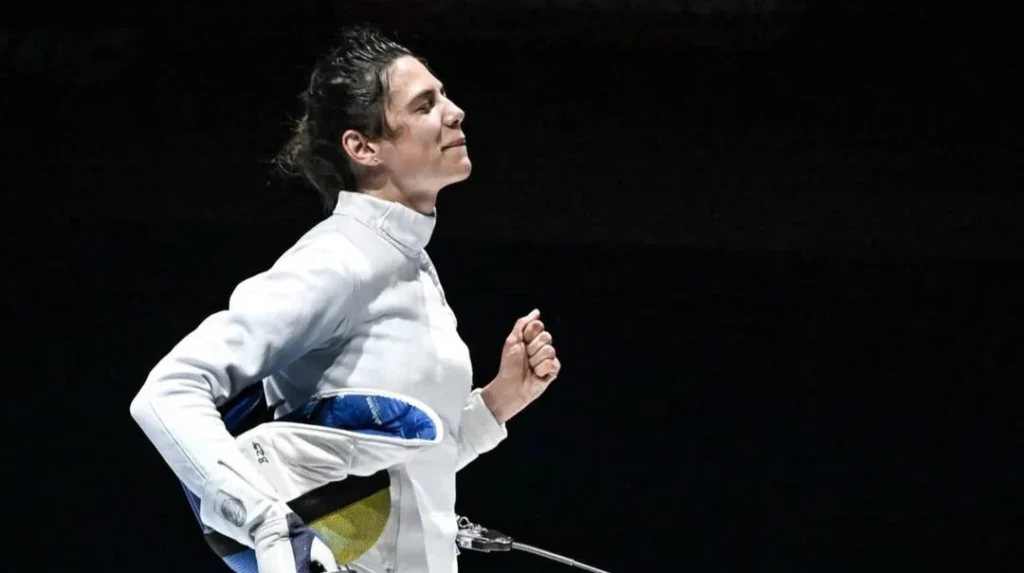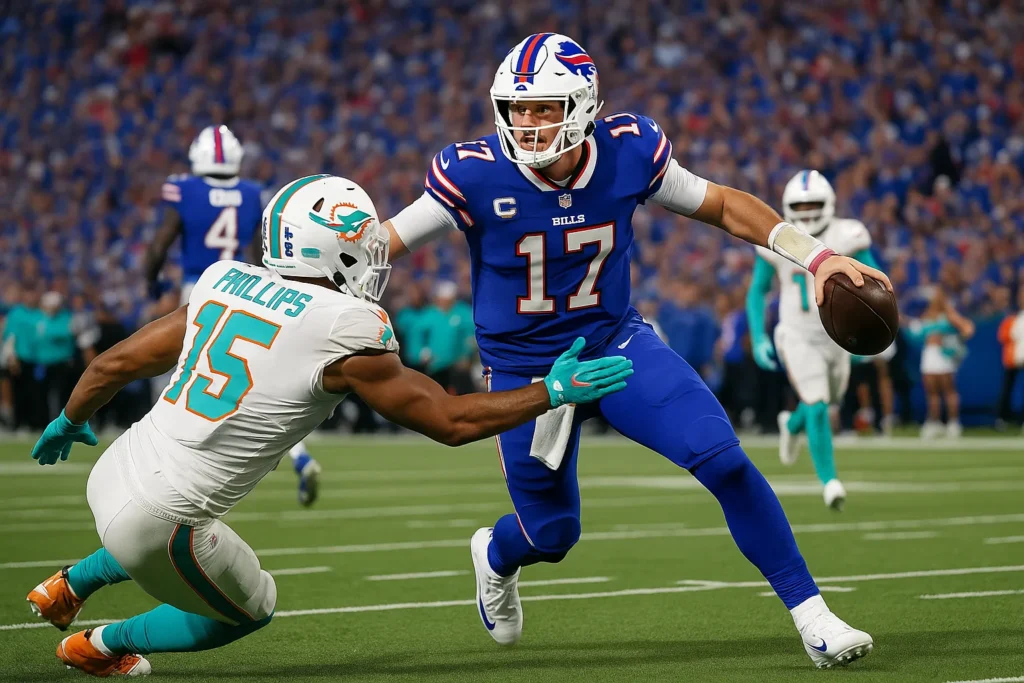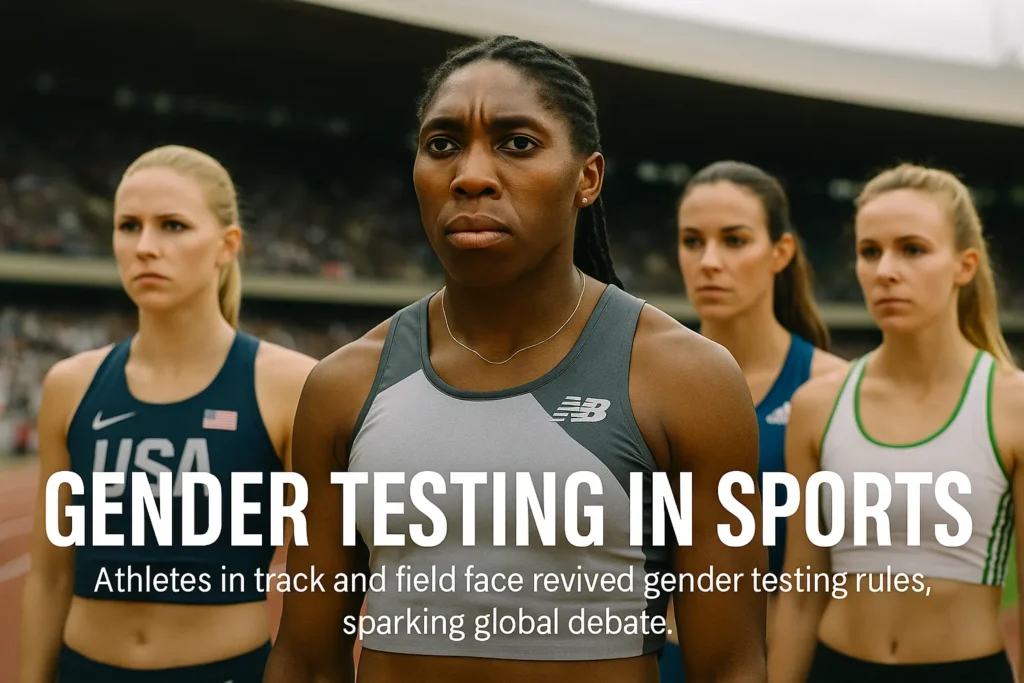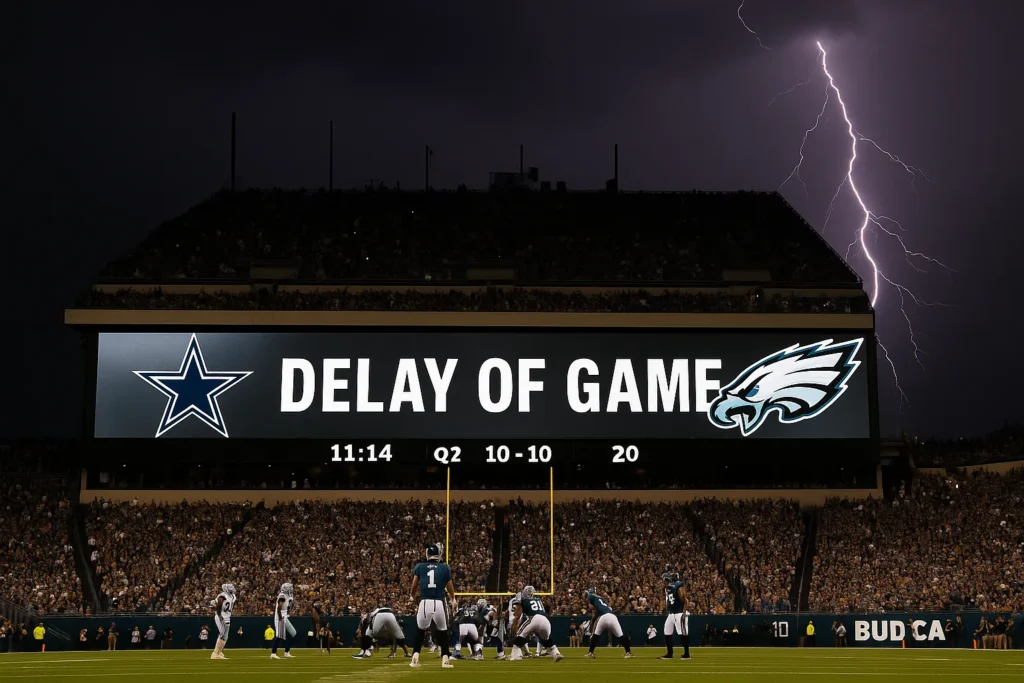The Ballon d’Or 2025 should have been Lamine Yamal’s coronation, not Ousmane Dembele’s consolation. The focus keyphrase here is simple: Ballon d’Or 2025 was given to the wrong man. While Dembele enjoyed a fine season, the award’s logic collapsed under scrutiny. Yamal is already the best footballer in the world — and this year was his moment.
Context: The mainstream verdict
The official story is straightforward. Ousmane Dembele, at 28, delivered 35 goals and 14 assists across all competitions for Paris Saint-Germain. He scored decisive goals in the Champions League knockouts against Liverpool and Arsenal. The narrative painted him as PSG’s talisman, finally fulfilling his potential. Meanwhile, Aitana Bonmati made history by winning her third consecutive women’s Ballon d’Or, an achievement that nobody disputes.
Mainstream coverage portrayed Dembele’s triumph as a reward for resilience and consistency. After years of injuries, he had become a dependable star. It was framed as a sentimental victory as much as a statistical one.
Oppositional Argument: Why the Ballon d’Or got it wrong
But this is exactly why the Ballon d’Or 2025 rings hollow. Football’s most prestigious award should not be about sentimentality or lobbying. It should honor the best player, not the most convenient narrative. Dembele was brilliant, yes — but not transcendent.
Lamine Yamal was. At 18, he redefined what dominance looks like in modern football. Every major analyst, every statistical model, and every opponent agreed: he was consistently the most dangerous and creative player on the pitch. He didn’t just score and assist — he reshaped games, dragged Barcelona into battles they had no right to contest, and terrified Europe’s best defenses.
Analytical Breakdown: Talent versus trophies
The Ballon d’Or has always danced between two definitions: the best player or the most successful one. In 2025, the jury confused “team success” with “individual brilliance.” PSG won the Champions League final, and Dembele happened to be there. But Yamal was the standout in a Barcelona side that pushed Inter to the edge in a semi-final thriller.
This isn’t new. Xavi and Iniesta lost out to Messi and Ronaldo because their brilliance was overshadowed by their teammates’ goal tallies. Robert Lewandowski lost in 2020 because of timing. Erling Haaland missed his chance because of Messi’s World Cup. The Ballon d’Or 2025 repeated the same mistake.
Numbers reveal the truth. Yamal created more chances, completed more successful dribbles, and registered more expected goals involvement per 90 minutes than Dembele. He didn’t have the same squad advantage — and that’s precisely why his performances were more remarkable.
Human Perspective: The unfair burden of youth
Why did voters hesitate? Because Yamal is young. Too young, some whispered, as if greatness has an age threshold. But football’s history is defined by prodigies who shattered ceilings. Pele at 17. Mbappé at 19. Messi at 21. To deny Yamal because of age is not protection — it’s prejudice disguised as patience.
Fans saw it. Stadiums buzzed differently when Yamal had the ball. Opponents doubled up, terrified of his unpredictability. This was not hype. It was lived experience. Dembele’s victory, by contrast, felt like recognition for a steady climb rather than a leap into immortality.
Counterarguments
Some argue that Dembele’s goals in crucial knockout matches justified the award. But football is not just about decisive touches; it is about who dominates the stage for the longest. Dembele had moments. Yamal defined months. Others claim Yamal’s Barcelona lost too much. Yet Aitana Bonmati won despite Barcelona and Spain losing finals — because her genius was undeniable. Why should the standard differ for Yamal?
Conclusion: A trophy that lost its weight
The Ballon d’Or 2025 should have crowned football’s new era. Instead, it clung to old habits, rewarding narrative over talent. Lamine Yamal is not just the future — he is the present. By overlooking him, the award betrayed its own purpose.
One day, Yamal will lift it, perhaps many times. But the first should have been now. The Ballon d’Or got it wrong — and history will remember it that way.
External Links
355 views
